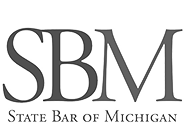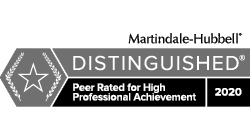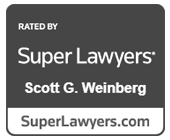Additional Information On Courtworks Platform In Michigan
CourtWorks was designed in part to mimic the Treatment Court Program popular elsewhere in the country.
Treatment Court is an alternative sentencing program. It employs a dedicated, assembled team, consisting of judges, probation officers, criminal defense attorneys, and third-party therapists and therapeutic programs, as well as other support services providers. They help supervise and support defendants on probation who have struggled with drug and/or alcohol addiction, and who are on probation for a crime associated with or caused by their addiction. In some jurisdictions, Treatment Court also extends to qualifying defendants who are not primarily addicted to drugs/alcohol, but who do have underlying mental health issues.
Treatment Court procedures vary, but often they will meet regularly—sometimes weekly, sometimes bi-monthly—in order to establish more of a communal, supportive role with the defendant and to establish familiarity, intimacy, and trust.
CourtWorks tries to recreate that closer relationship between the Court, third-party providers, and the defendant. A given Court may have, say, 750 defendants on probation. If the area where the Court is located has a Treatment Court, it may only include around 50-100 of the 750 probationers, since Treatment Court requires significantly more time, energy, and resources than standard Court.
CourtWorks is meant to represent the rest of that probation population. We want to provide access to the same level of personal communication with the defendant’s judge, probation officer, agency providers, and defense attorney as is found in Treatment Court. We do this by providing a means for technologically assisted communication, which can provide many different opportunities and prevent many avoidable pitfalls for defendants.
In addition to allowing the judge or probation officer to keep a closer eye on the defendant, it also allows them to reward the defendant on a scale, just as they are able to do in Treatment Court. For instance, let’s say that a defendant completes four months of sobriety as confirmed by clean drug tests, and attends their AA meetings with proof of compliance. With CourtWorks, the judge and/or probation officer will have the ability to reward and encourage that progress, which improves the chances of the progress continuing. It might be something as small as a note from the judge saying, “Keep up the good work. We’re pulling for you.” These moments of acknowledgement help defendants feel seen and worthy of the changes they’re making in their lives. This is understood in Treatment Court, where such acknowledgments and rewards are common practice. CourtWorks provides access to the same benefits electronically, with a fraction of the time needed on each case.
For more information on Information On CourtWorks Platform, a free initial consultation is your next best step. Get the information and legal answers you are seeking by calling (800) 710-0529 today.
Awards and Accolades



